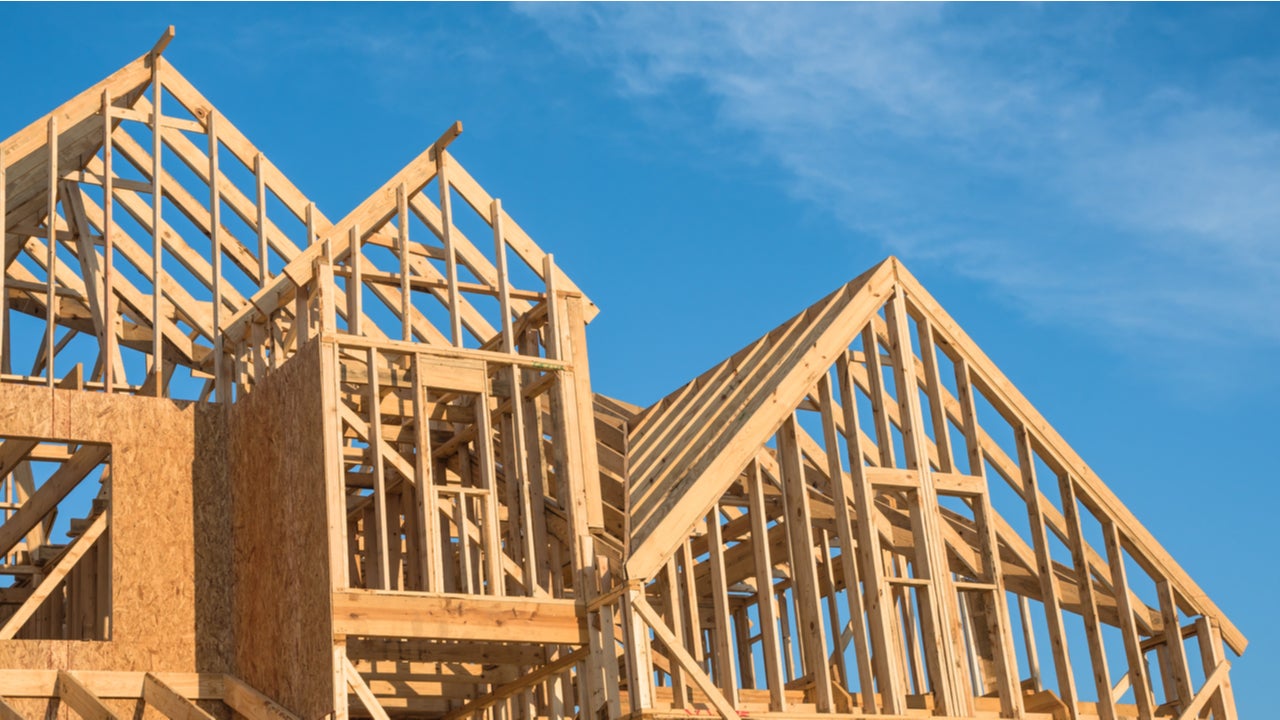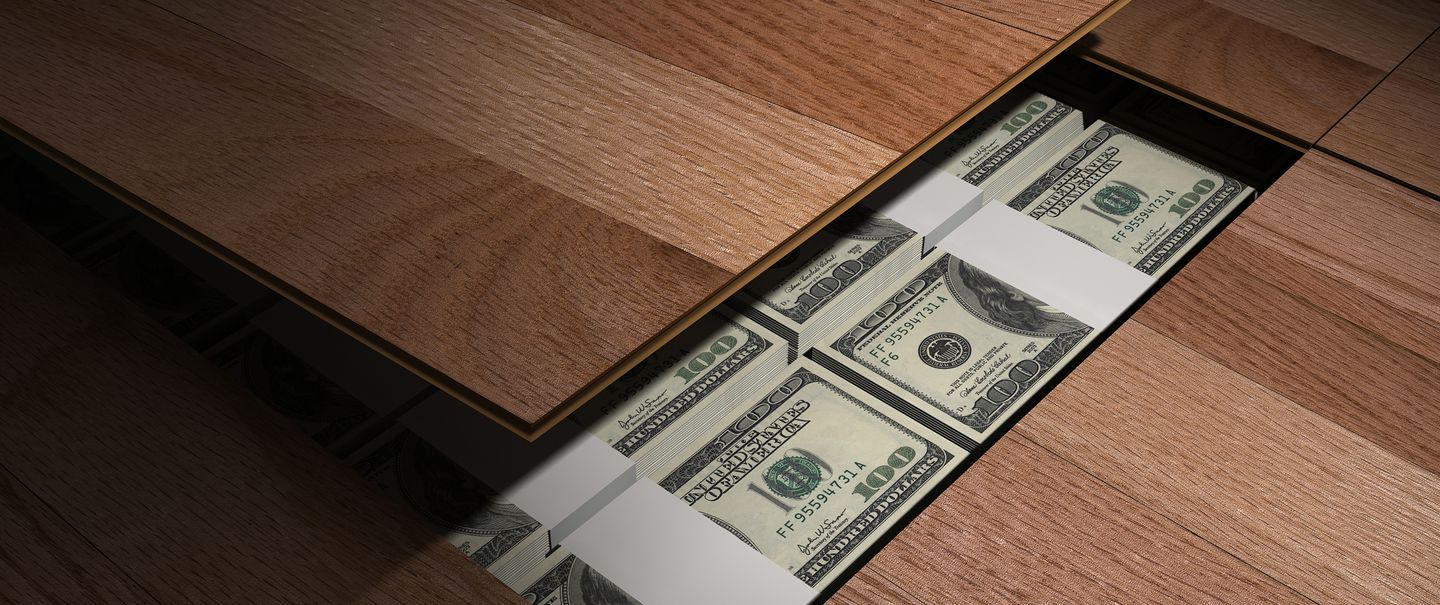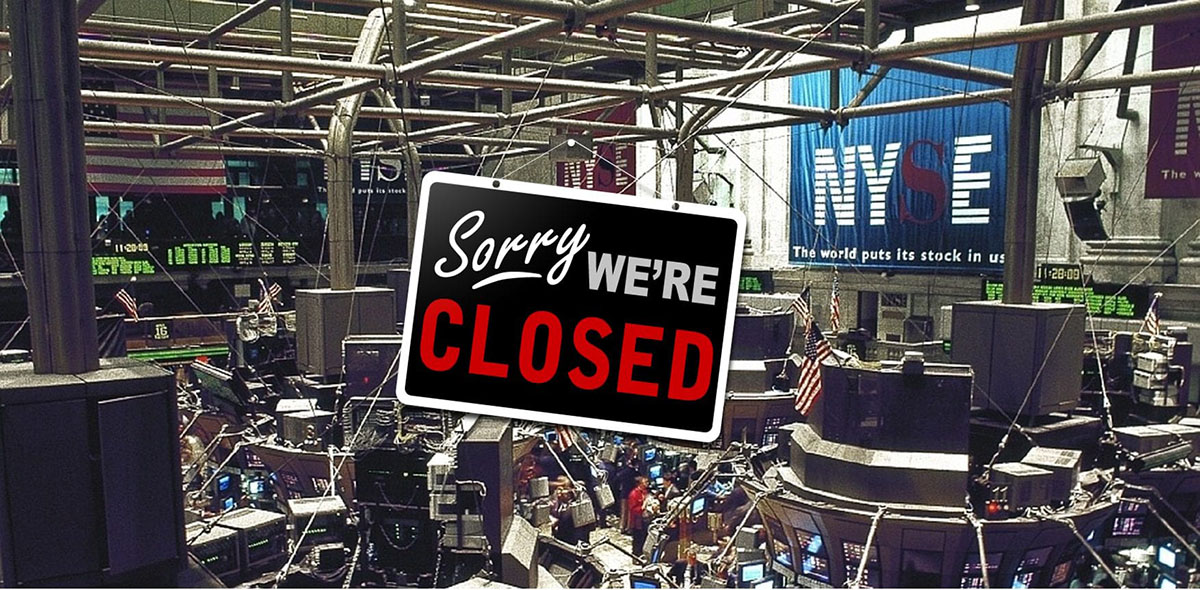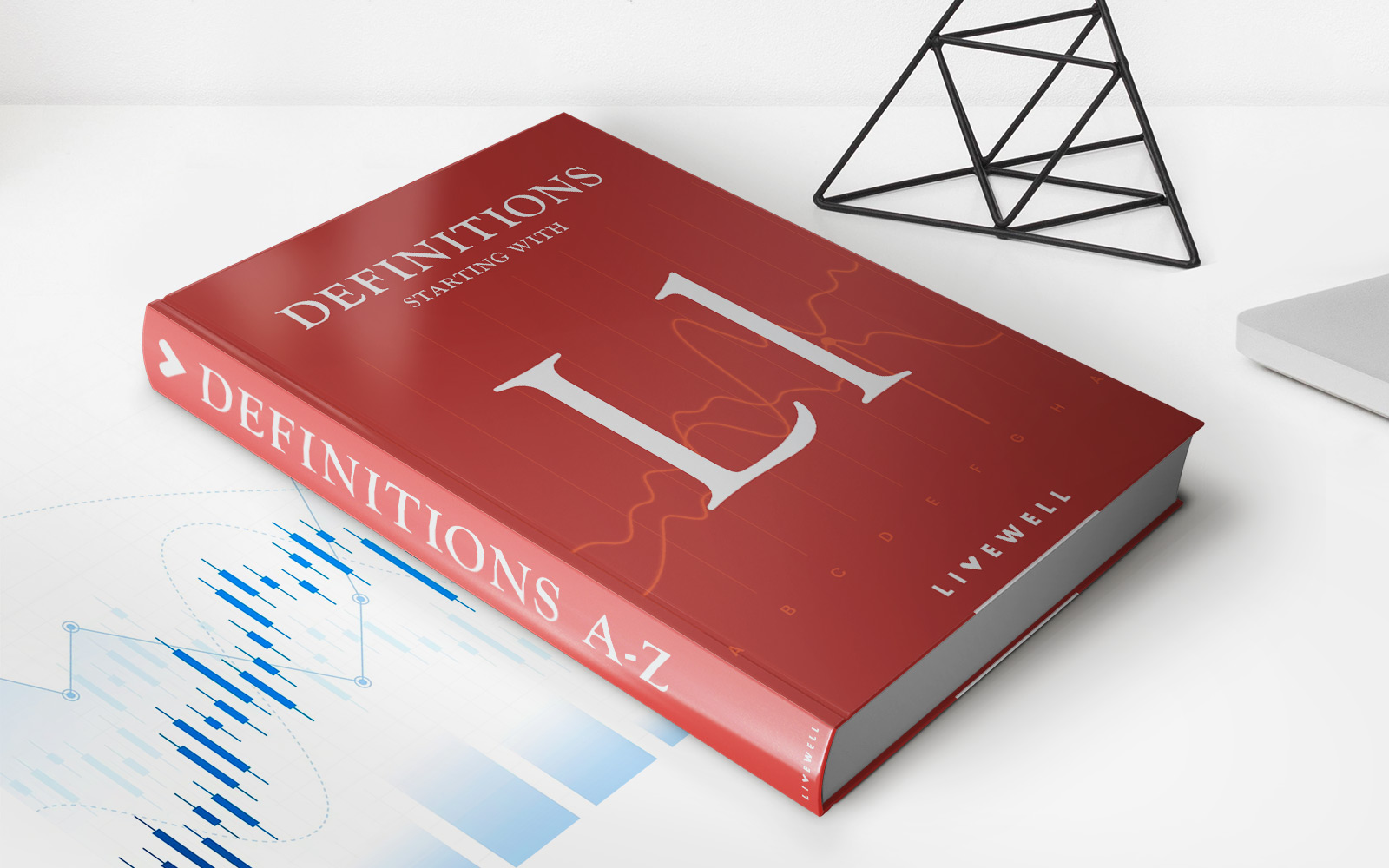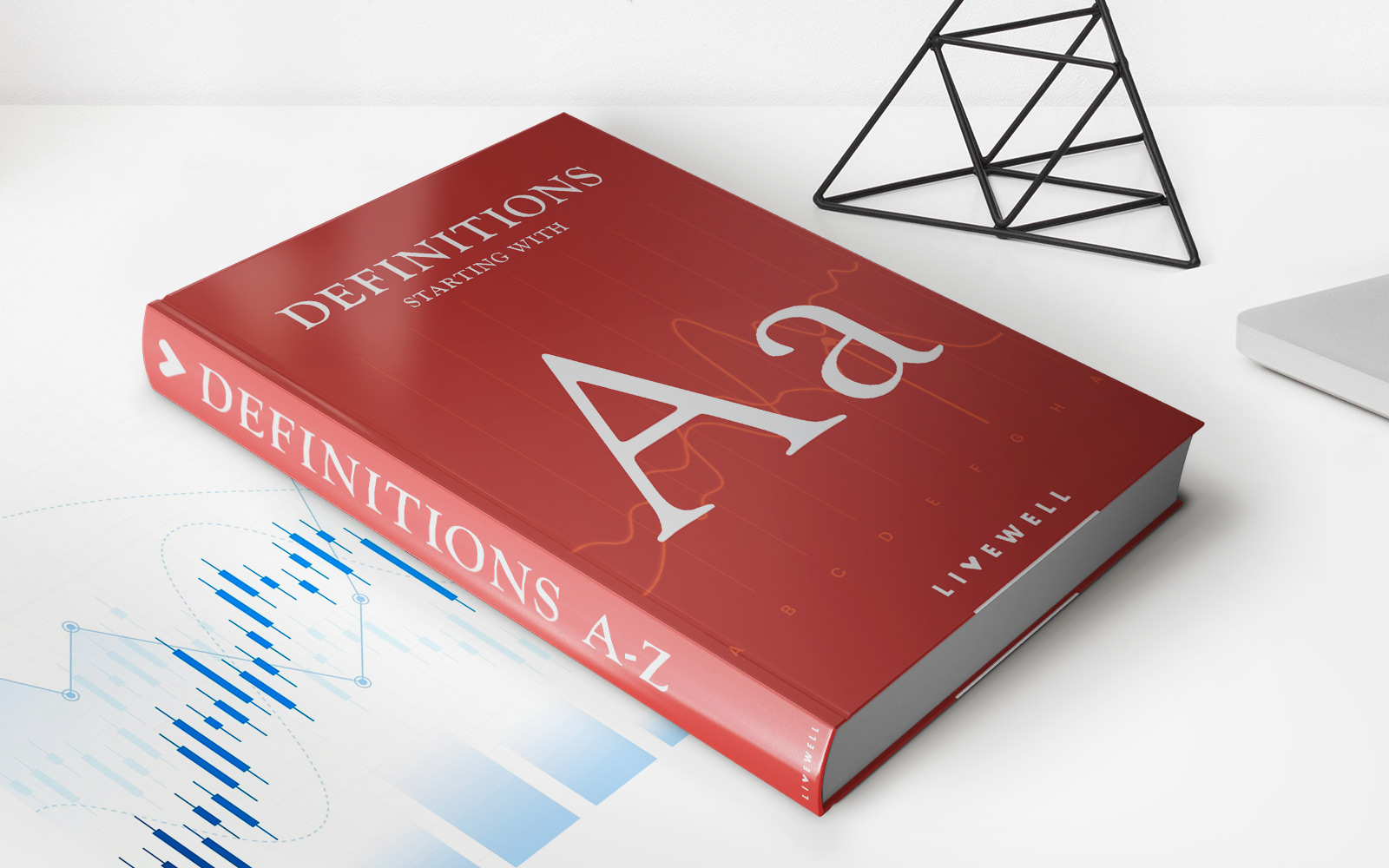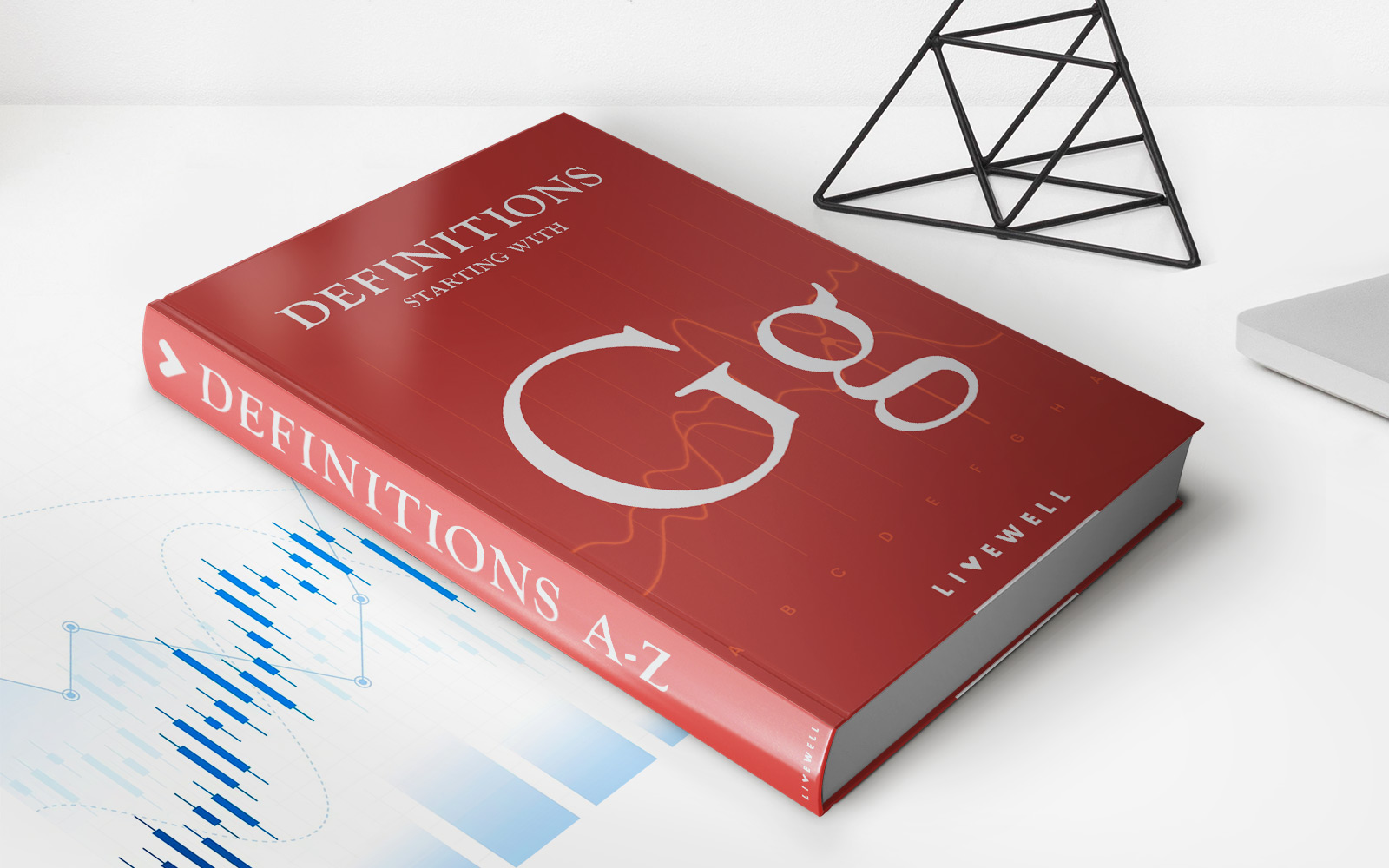Home>Finance>What Credit Score Do I Need To Buy A Motorcycle
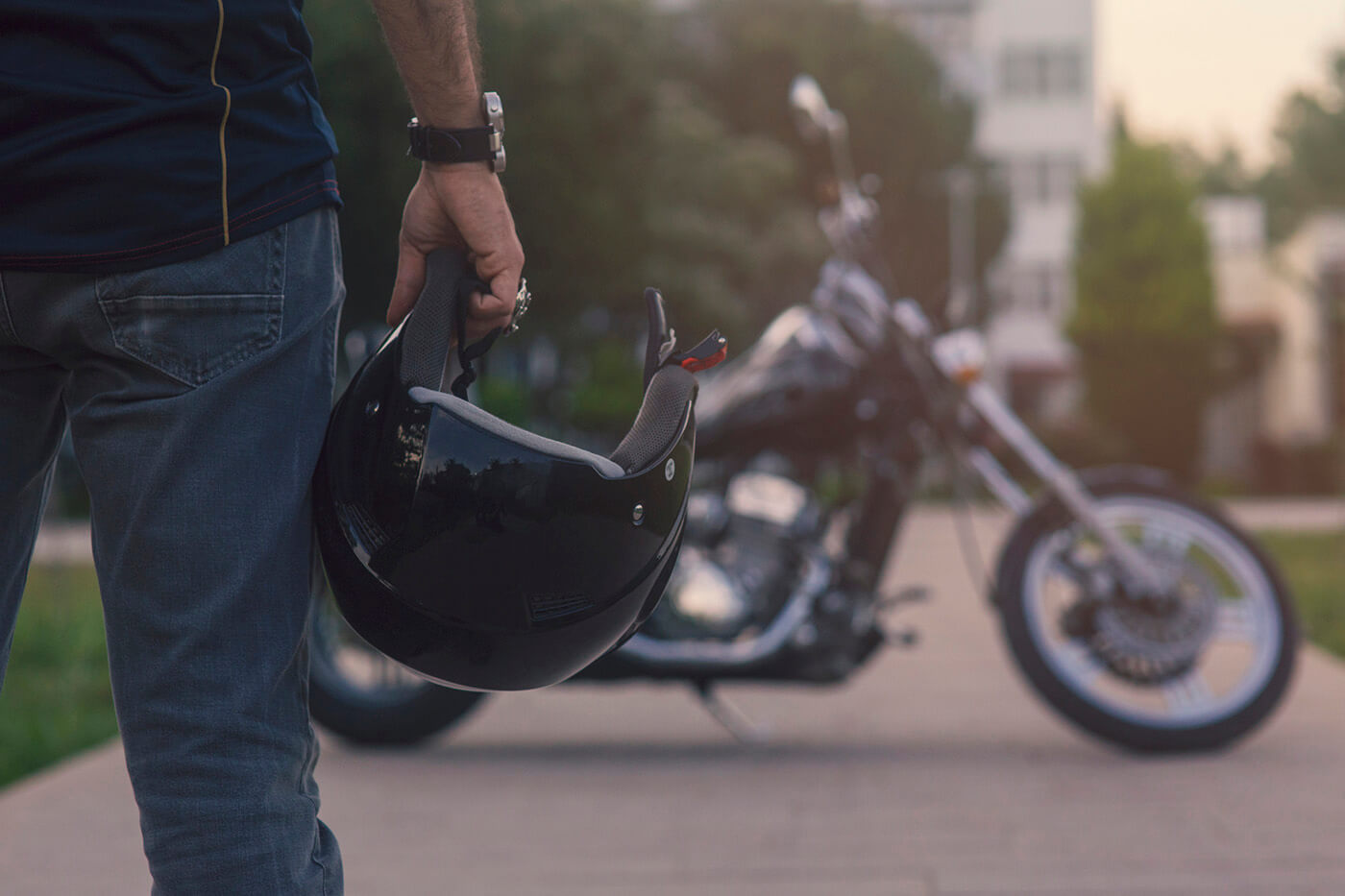

Finance
What Credit Score Do I Need To Buy A Motorcycle
Published: October 21, 2023
Find out the minimum credit score required to finance your motorcycle purchase and get on the road. Learn how to secure financing with your current credit score.
(Many of the links in this article redirect to a specific reviewed product. Your purchase of these products through affiliate links helps to generate commission for LiveWell, at no extra cost. Learn more)
Table of Contents
- Introduction
- Understanding Credit Scores
- Importance of Credit Scores in Buying a Motorcycle
- What is a Good Credit Score for Buying a Motorcycle?
- Factors Affecting Credit Score Requirements for Motorcycle Loans
- Tips for Improving Your Credit Score to Buy a Motorcycle
- Alternative Financing Options for Those with Low Credit Scores
- Conclusion
Introduction
Welcome to the world of motorcycles, where the feeling of freedom and adventure on the open road awaits you. Buying a motorcycle is not just a mode of transportation, but also a lifestyle choice. However, before you can hit the road on your dream bike, there are important considerations to take into account, one of them being your credit score. Your credit score plays a significant role in determining your eligibility for motorcycle financing.
For those who are unfamiliar, a credit score is a three-digit number that represents your creditworthiness. It’s a measure of your financial health and how likely you are to repay the loan. Credit scores range from 300 to 850, with higher scores indicating a better credit history and lower credit risk. Lenders use credit scores to evaluate loan applications and determine the interest rates and terms.
When it comes to buying a motorcycle, your credit score is crucial. It not only affects the likelihood of loan approval but also impacts the interest rates you’ll receive. Understanding the credit score requirements for buying a motorcycle will help you prepare and improve your chances of securing financing at favorable terms.
In this article, we’ll delve into the specific credit score requirements for purchasing a motorcycle and explore the factors that affect these requirements. Additionally, we’ll provide some tips on how you can improve your credit score and alternative financing options for those with less-than-perfect credit.
Whether you’re a motorcycle enthusiast looking to upgrade or a first-time buyer eager to embark on a new adventure, having a clear understanding of the role of credit scores in motorcycle financing will empower you to make informed decisions and ride off into the sunset on your dream bike.
Understanding Credit Scores
Before diving into the credit score requirements for buying a motorcycle, it’s crucial to have a solid understanding of credit scores themselves. Credit scores are calculated based on various factors such as payment history, credit utilization, length of credit history, types of credit, and new credit. The most commonly used credit scoring model is FICO (Fair Isaac Corporation), which ranges from 300 to 850.
A credit score of 300-579 is considered “very poor,” 580-669 is “fair,” 670-739 is “good,” 740-799 is “very good,” and 800-850 is “excellent.” These scores are determined by analyzing your credit report, which contains information about your credit accounts, payment history, and other financial activities.
Payment history, which includes on-time payments, late payments, and delinquencies, has the most significant impact on your credit score. It is important to make all your payments on time, as even one missed payment can have a negative impact on your creditworthiness.
Credit utilization, or the amount of credit you use compared to your credit limit, is another important factor. It is generally recommended to keep your credit utilization below 30% to maintain a good credit score. The longer your credit history is, the better, as it demonstrates your ability to manage credit responsibly over time.
The types of credit you have, including credit cards, loans, and mortgages, also contribute to your credit score. Having a mix of credit, such as a combination of installment loans and revolving credit, can be beneficial.
Finally, opening new credit accounts and applying for multiple loans within a short period of time can negatively impact your credit score. These are known as hard inquiries and can signal to lenders that you’re taking on too much debt, making you a higher credit risk.
Understanding these factors will help you see why your credit score is such a crucial factor when it comes to buying a motorcycle. The higher your credit score, the more attractive you are to lenders, making it easier for you to secure financing at favorable terms.
Now that we have a basic understanding of credit scores, let’s explore the importance of credit scores when it comes to buying a motorcycle.
Importance of Credit Scores in Buying a Motorcycle
When it comes to purchasing a motorcycle, your credit score plays a crucial role in the financing process. Lenders use your credit score to assess your creditworthiness and determine the terms and conditions of your loan. The higher your credit score, the more likely you are to be approved for a motorcycle loan and receive favorable interest rates.
A high credit score demonstrates to lenders that you have a history of responsibly managing credit and are a low credit risk. This means you are more likely to make your loan payments on time and in full. As a result, lenders are more willing to offer you financing at competitive interest rates and with flexible loan terms.
On the other hand, a low credit score indicates a higher credit risk, making lenders less willing to extend financing or offer favorable terms. If you have a low credit score, you may still be able to secure motorcycle financing, but you may face higher interest rates and less favorable loan terms.
The importance of credit scores in buying a motorcycle goes beyond just financing. Some dealerships and private sellers may require a minimum credit score for you to be eligible for certain models or financing options. This means that even if you have cash on hand to purchase a motorcycle outright, your credit score can still impact your ability to acquire the specific bike that you desire.
In addition to financing and vehicle selection, your credit score can also affect insurance premiums. Insurance companies may consider your credit score when determining your policy premium. A higher credit score may result in lower insurance rates, saving you money in the long run.
By understanding the importance of credit scores in buying a motorcycle, you can take proactive steps to improve your creditworthiness before applying for financing. This will increase your chances of securing a loan with favorable terms and enable you to ride away on the motorcycle of your dreams.
Now that we understand why credit scores are important in purchasing a motorcycle, let’s explore what credit score is considered good for buying a motorcycle.
What is a Good Credit Score for Buying a Motorcycle?
While there is no universal credit score requirement for buying a motorcycle, having a good credit score is beneficial when it comes to obtaining favorable financing options. A good credit score will increase your chances of loan approval and help you secure lower interest rates and better loan terms.
Generally, a credit score of 670 or higher is considered good and may qualify you for motorcycle financing with competitive interest rates. However, some lenders may have stricter requirements, and a higher credit score can result in even better loan offers.
If your credit score is below 670, you may still be able to secure financing, but you may face higher interest rates and less favorable terms. Lenders may also require a larger down payment or impose additional conditions to mitigate the higher credit risk.
It’s important to note that credit score requirements can vary among lenders and financing options. Banks, credit unions, online lenders, and dealerships may have different criteria and thresholds for approving motorcycle loans. It’s advisable to shop around and compare offers to find the best financing options available to you.
In addition to credit scores, lenders will also consider other factors such as income stability, debt-to-income ratio, employment history, and the value of the motorcycle being purchased. These factors are taken into account to assess your overall financial situation and determine your ability to repay the loan.
Before applying for motorcycle financing, it’s a good idea to check your credit score and review your credit report. You can obtain a free credit report annually from the three major credit bureaus—Equifax, Experian, and TransUnion. Reviewing your credit report will allow you to identify any errors or discrepancies that could be negatively impacting your credit score and take steps to address them.
If your credit score is below the desired range, there are several steps you can take to improve it. Paying bills on time, reducing credit card balances, and avoiding new credit applications can all have a positive impact on your credit score over time.
Having a good credit score not only makes it easier to obtain motorcycle financing but also gives you more negotiating power. With a good credit score, you can confidently approach lenders or dealerships, knowing that you are in a strong financial position.
Now that we have a better understanding of credit score requirements, let’s explore the factors that can affect these requirements when buying a motorcycle.
Factors Affecting Credit Score Requirements for Motorcycle Loans
When it comes to determining credit score requirements for motorcycle loans, lenders consider several factors beyond just the numerical value of your credit score. These factors provide lenders with a more comprehensive picture of your financial situation and ability to repay the loan.
1. Credit History: Lenders assess your credit history to determine if you have a track record of responsible credit management. They review your payment history, looking for any late payments, delinquencies, or accounts in collection. A positive credit history demonstrates your ability to meet financial obligations and increases your chances of loan approval.
2. Debt-to-Income Ratio: Your debt-to-income ratio is the percentage of your monthly income that goes towards debt payments. Lenders use this ratio to evaluate your overall financial health and ability to manage additional debt. A lower debt-to-income ratio indicates a lower credit risk and may result in more lenient credit score requirements.
3. Employment Stability: Lenders prefer borrowers with stable employment and a consistent income. Having a steady job history and a reliable source of income can positively impact credit score requirements. It demonstrates financial stability and increases lenders’ confidence in your ability to make regular loan payments.
4. Loan Amount and Term: The loan amount and term can affect credit score requirements. Higher loan amounts or longer loan terms can increase the lending risk, leading to stricter credit score requirements. Lenders may require a higher credit score to mitigate the potential risk associated with larger loans or longer repayment periods.
5. Down Payment: The amount of down payment you can provide can also influence credit score requirements. A larger down payment reduces the loan-to-value ratio and shows lenders that you have a financial stake in the purchase, which may compensate for a lower credit score. It can also decrease the total loan amount, making it easier to meet credit score requirements.
6. Lender Policies: Each lender sets its own credit score requirements based on their risk tolerance and lending policies. Some lenders may be more flexible than others or specialize in loans for borrowers with lower credit scores. It’s essential to research lenders and understand their specific criteria before applying for a motorcycle loan.
Remember, credit score requirements for motorcycle loans are not set in stone and can vary among lenders. The more desirable your financial profile (including factors beyond the credit score), the more likely you are to qualify for favorable financing terms.
Now that we understand these influencing factors, let’s explore some tips for improving your credit score to increase your chances of securing a motorcycle loan.
Tips for Improving Your Credit Score to Buy a Motorcycle
If you’re aiming to improve your credit score to increase your chances of obtaining favorable motorcycle financing, there are several steps you can take. While improving your credit score may take time and effort, the benefits are well worth it. Here are some tips to help you on your journey:
1. Review Your Credit Report: Start by obtaining a free copy of your credit report from each of the major credit bureaus. Review the report carefully to identify any errors or discrepancies that may be negatively affecting your credit score. Dispute and resolve any inaccuracies to improve your credit standing.
2. Pay Bills on Time: Consistently making on-time payments is one of the most important factors in building a good credit score. Set up automatic payments or reminder alerts to ensure you never miss a payment. Over time, this will establish a track record of responsible payment behavior.
3. Reduce Credit Card Balances: High credit card balances can negatively impact your credit score. Aim to keep your credit utilization ratio below 30%, meaning you’re using less than 30% of your available credit. Pay down your credit card balances as much as possible to improve your credit utilization and overall credit score.
4. Avoid Opening New Credit: Applying for multiple new credit cards or loans within a short period of time can have a negative impact on your credit score. Each application creates a hard inquiry, which can lower your score. Avoid unnecessary credit applications and only take on new credit when necessary.
5. Keep Old Credit Accounts Open: The length of your credit history is an important factor in calculating your credit score. If you have old credit accounts with a positive payment history, keep them open even if you’re not actively using them. Closing old accounts can shorten the overall length of your credit history and potentially lower your score.
6. Diversify Your Credit Mix: Having a diverse mix of credit accounts, such as credit cards, loans, and mortgages, can positively impact your credit score. If you only have credit cards, consider diversifying your credit mix by responsibly taking on different types of credit. However, only take on new credit if you can manage it responsibly.
7. Communicate with Creditors: If you’re experiencing financial difficulty and are struggling to make payments, reach out to your creditors proactively. Many creditors are willing to work with you and may offer alternative payment arrangements or hardship programs. Maintaining open lines of communication can help mitigate the negative impact on your credit score.
Remember, improving your credit score takes time and patience. It’s important to adopt healthy credit habits and consistently practice responsible financial management. By staying committed and following these tips, you can steadily improve your credit score and increase your chances of securing favorable motorcycle financing terms.
Now that we’ve discussed tips for improving your credit score, let’s explore alternative financing options for those with low credit scores.
Alternative Financing Options for Those with Low Credit Scores
If your credit score is lower than desired, it doesn’t mean that you can’t fulfill your dream of owning a motorcycle. There are alternative financing options available specifically designed for individuals with low credit scores. While these options may come with certain limitations or higher interest rates, they can provide you with the opportunity to get on the road and build your credit along the way.
1. Credit Unions: Credit unions are not-for-profit financial institutions that often have more flexible lending criteria compared to traditional banks. They may be more willing to work with individuals with lower credit scores and offer competitive rates. Consider reaching out to local credit unions to explore motorcycle loan options.
2. Subprime Lenders: Subprime lenders specialize in lending to individuals with poor or no credit history. They consider various factors beyond credit scores when making lending decisions. However, it’s important to be cautious when dealing with subprime lenders, as they may charge higher interest rates and impose stricter terms on loans. Carefully review the terms and conditions before committing to any loan.
3. Secured Loans: If you have collateral or a significant down payment, you may qualify for a secured loan. With a secured loan, the motorcycle itself serves as collateral, providing lenders with a level of security. This can make it easier to obtain financing, even with a low credit score. However, it’s crucial to make all your payments on time to avoid the risk of losing your motorcycle.
4. Co-Signer: Having a co-signer with a good credit history can significantly increase your chances of getting approved for a motorcycle loan. A co-signer is someone who agrees to take on financial responsibility if you default on the loan. Their excellent credit score acts as a guarantee for the lender, reducing the risk and potentially securing you more favorable loan terms.
5. Rent-to-Own or Lease-to-Own Programs: Some dealerships offer rent-to-own or lease-to-own programs, allowing you to pay for the motorcycle in installments over a specific period. While these programs may have less stringent credit requirements, they often come with higher interest rates. It’s important to carefully review the terms, including the total cost and ownership details.
6. Improve Your Credit and Refinance: If you’re unable to secure favorable financing options currently, consider working on improving your credit score over time. Make on-time payments, reduce debt, and practice responsible financial habits. Once your credit score improves, you may be able to refinance your motorcycle loan at more favorable terms with a lower interest rate.
Remember that while alternative financing options exist, it’s essential to exercise caution and thoroughly research any lender or program before committing. Be aware of the terms and costs associated with these options and ensure that they align with your financial capabilities and long-term goals.
By exploring alternative financing options and taking steps to improve your credit, you can still navigate the road to motorcycle ownership, even with a low credit score.
Now, let’s wrap up this article!
Conclusion
Buying a motorcycle is an exciting endeavor, but it’s essential to understand the role of credit scores in the financing process. A good credit score can open doors to more favorable loan terms, while a low credit score may present challenges. However, even if your credit score is not ideal, there are still options available to make your dream of owning a motorcycle a reality.
Understanding credit scores and their impact on motorcycle financing is the first step. A good credit score, typically above 670, increases your chances of loan approval and allows you to secure better interest rates and loan terms. Factors such as credit history, debt-to-income ratio, employment stability, and loan amount also play a role in credit score requirements.
If your credit score falls short, don’t lose hope. There are alternative financing options to explore, such as credit unions, subprime lenders, secured loans, co-signers, and rent-to-own or lease-to-own programs. These options may come with certain limitations or higher interest rates, so it’s crucial to carefully evaluate them before making a decision.
Additionally, taking steps to improve your credit score can set you up for future financial success. Paying bills on time, reducing credit card balances, and diversifying your credit mix are just a few strategies to boost your creditworthiness. Over time, as your credit score improves, you may have the opportunity to refinance your motorcycle loan at more favorable terms.
Remember, buying a motorcycle is not just a financial decision but also a lifestyle choice. While credit scores and financing are important, don’t lose sight of your budget and the motorcycle that aligns with your needs and preferences. Research different models, compare prices, and negotiate with dealerships to find the best fit for you.
Whether you have an excellent credit score or a less-than-perfect one, the journey to owning a motorcycle is within reach. By understanding credit scores, exploring alternative financing options, and working to improve your creditworthiness, you can hit the road on your dream bike and experience the freedom and excitement that comes with it.
Now, it’s time to gear up, do your research, and embark on an unforgettable adventure on two wheels!



